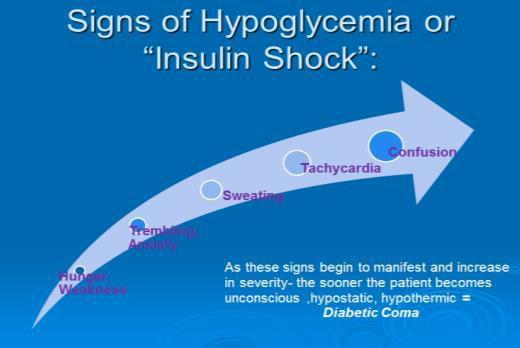Dialysis and Diabetes
Kidney Dialysis:
Medical consult should be given prior to receiving treatment requesting:
- Need for premedication for invasive procedures (ie: deep scaling and root planning)
- Request a Complete Blood Count (CBC) that may identify potential bleeding problems and reduction in healing.
*Dental appointments should be NOT made on the same day of dialysis. Blood pressure should be taken on the arm without the hemodialysis shunt.
Diabetes Blood Glucose Levels:
Patients diagnosed with Diabetes should have a blood/glucose level of <180 if they have eaten/ <130 fasting to receive treatment in the dental school. HbA1C should be reported by the patient and <7 is considered controlled. For readings >140-250 the patient can be seen for non-invasive care but will require a med consult for future appointments. Any patient with a reading over 250 cannot be seen for treatment that day. If a reading is taken and it falls < 70 the patient can be given juice. If you have any reason to believe that the patient is not well controlled, have the nurse assess the patient.
| Target Blood Glucose Levels in People Who Have Diabetes |
| Before meals |
70 to 130 mg/dL |
| 1 to 2 hours after the start of a meal |
below 180 mg/dL |
Source: American Diabetes Association. Standards of Medical Care in Diabetes—2008. Diabetes Care. 2008; 31:S12–S54.
Ideally, patients should be scheduled in the morning when their insulin is working in balance with the foods they have eaten. Since dental hygiene appointments at the dental school expand over several hours, the diabetic patient should be monitor closely for
Signs of Hypoglycemia:
Hunger/Weakness
Trembling/Anxiety
Sweating
Tachycardia Confusion
Monitor the patient closely for any of these signs. Keeping appointment short may be best for the patient. If patient exhibits signs of confusion:
Give patient some form of sugar for the (conscious victim) ie: Juice, hard candy
OR- instruct nearby dh student to get Emergency Cart with sucrose tube – place under patient’s tongue. Report to faculty and nurse.
Follow Emergency Protocols for the unconscious patient.
Recent heart attack or stroke
http://www.colgate.com/app/Colgate/US/OC/Information/OralHealthBasics/MedCondOralHealth/HeartDiseaseOralHealth/Cardiovascular.cvsp
Patients who have had a stroke or heart attack cannot receive dental treatment for 6 months after the vascular event and will need medical consult prior to treatment just following that.
See additional cardiac guidelines under IE and premedication.
Pregnancy (from UMB School manual 04-05):
- Each pregnant patient must be individually evaluated to establish the appropriate extent of dental treatment. A medical consult is appropriate prior to the provision of definitive treatment. Please review guidelines regarding the exposure of radiographs in the pregnant patient.
- Emergency dental care for pregnant patients will be provided on an individual basis following an assessment of the medical status and the risk associated with the dental treatment.
- This is outdated. Pregnant patients may be seen throughout their pregnancy.
GP Directors should be informed of any potential medical complication
If after consulting the GP manager there is still some question, call the patient’s physician for clearance and have them fax copy to the reception desk.
| 2nd Floor 410-706-6280 |
3rd Floor 410-706-6279 |
School nurse fax 410-706-6030 |